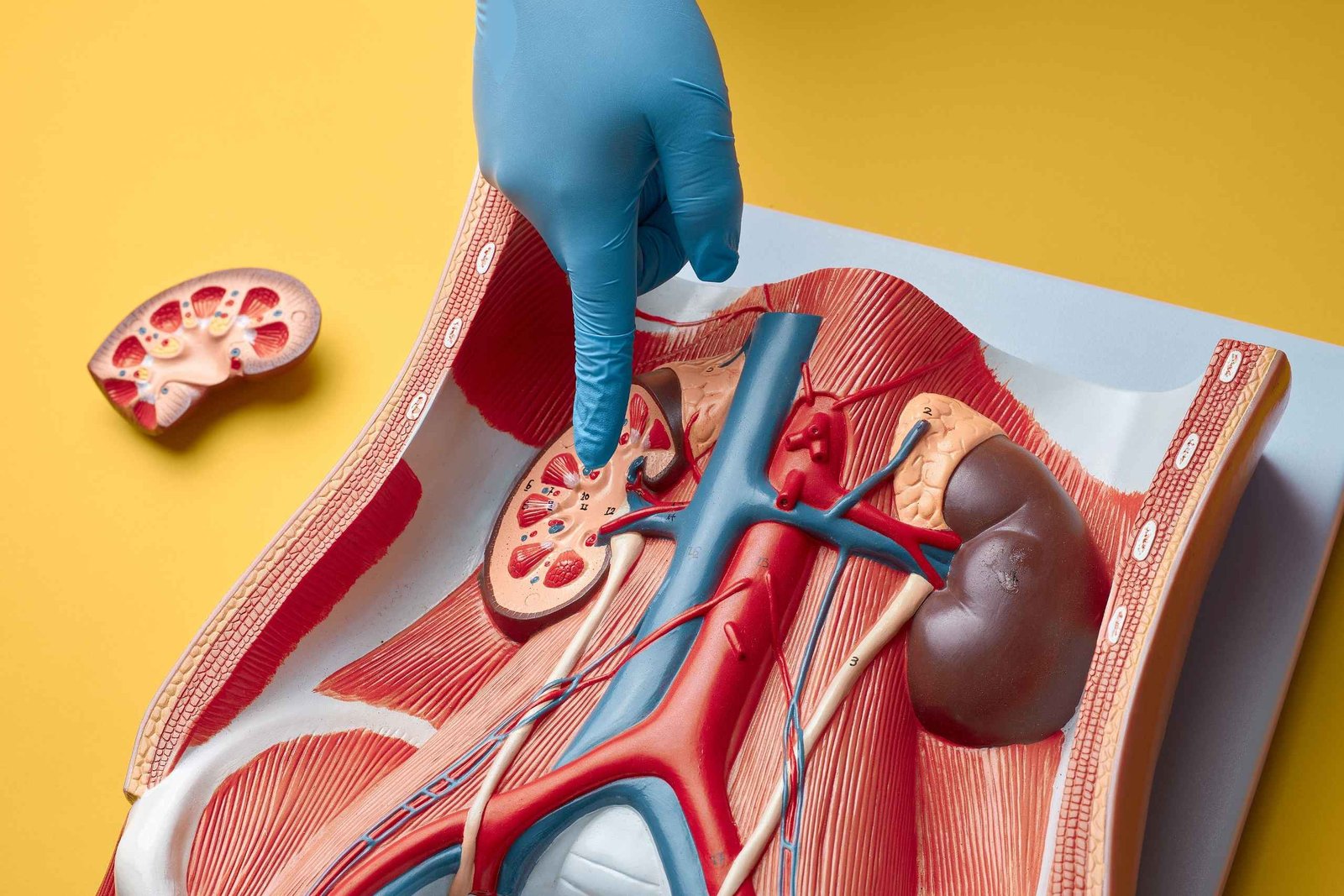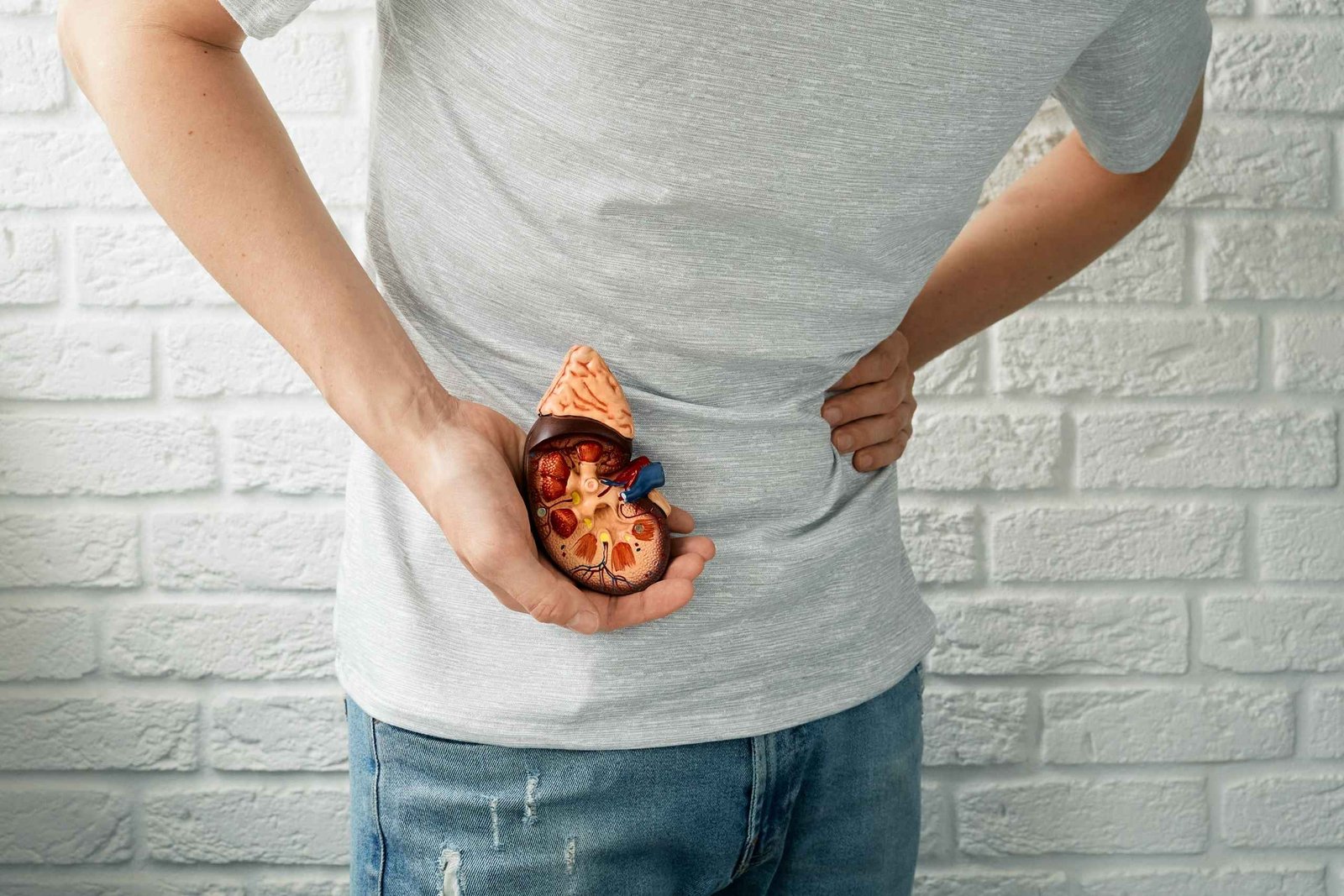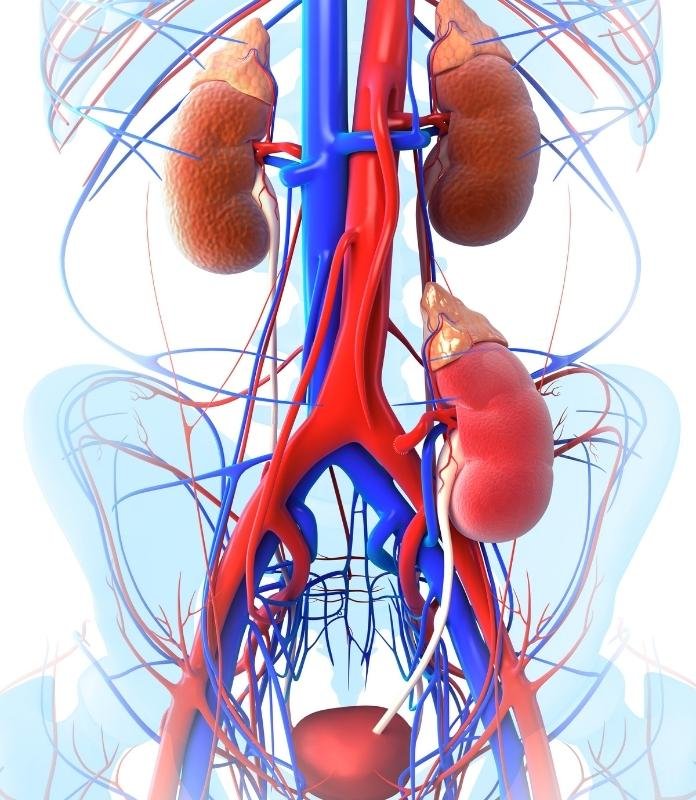Life with Hemodialysis
While dialysis can significantly improve quality of life, it however doesn’t replace the kidneys function entirely. Patients need to maintain a healthy lifestyle, exercise and have dietary restriction while on hemodialysis.
At our clinic, under Dr. Kosha Patel’s guidance, we support dialysis patients with expert care and compassion, helping them stay informed, supported, and live active lives despite kidney failure.
Hemodialysis is a vital treatment that offers hope to individuals with kidney failure. We at our centre provide strong support to our patients and loved ones to make this journey of fighting kidney failure easier for them.




